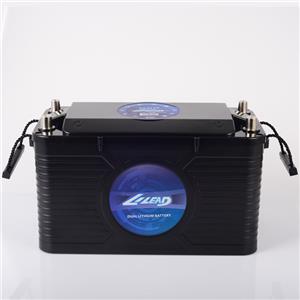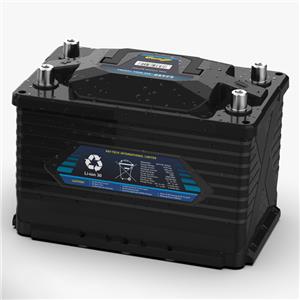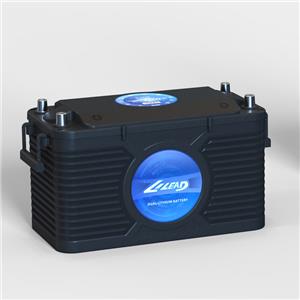Lithium-ion Batteries in Sailboats for Oceanic Research
Oceanic research encompasses the study of vast oceanic ecosystems, from the surface waters to the depths of the abyss. Sailboats equipped with lithium-ion batteries serve as invaluable platforms for oceanic research, enabling scientists to explore marine biodiversity, oceanography, and climate dynamics in remote and challenging environments. In this article, we explore how lithium-ion batteries are charting new horizons through sailboats for oceanic research.
1. Mobile Research Platforms:
Sailboats equipped with lithium-ion batteries serve as mobile research platforms that can navigate diverse oceanic environments, from coastal regions to open ocean expanses. These vessels provide flexibility and mobility for conducting scientific studies in remote and hard-to-reach areas, allowing researchers to explore uncharted waters and discover new species and habitats.
2. Oceanographic Instrumentation Deployment:
Lithium-ion batteries power sailboats equipped with sophisticated oceanographic instrumentation, enabling researchers to deploy a wide range of sensors, probes, and sampling equipment to collect data on ocean parameters. From measuring temperature, salinity, and nutrient concentrations to studying currents, waves, and marine life, these instruments provide valuable insights into ocean dynamics and ecosystem health.
3. Deep Sea Exploration:
Sailboats equipped with lithium-ion batteries support deep sea exploration expeditions, allowing researchers to investigate the mysteries of the ocean's depths. These vessels can deploy remotely operated vehicles (ROVs) and autonomous underwater vehicles (AUVs) to explore underwater habitats, map underwater topography, and study hydrothermal vents, deep-sea corals, and other unique ecosystems.
4. Climate Change Research:
Lithium-ion batteries power sailboats engaged in climate change research initiatives, enabling scientists to study the impacts of climate change on oceanic systems and marine biodiversity. By collecting data on ocean temperature, acidity, and carbon uptake, researchers can assess the resilience of marine ecosystems to changing environmental conditions and predict future trends in oceanic climate.
5. Marine Biodiversity Surveys:
Sailboats serve as platforms for conducting marine biodiversity surveys, allowing researchers to document and catalog the diversity of life in the ocean. From studying plankton populations and coral reefs to tracking migratory species and deep-sea organisms, these surveys provide essential data for conservation and management efforts aimed at protecting marine biodiversity.
6. Collaborative Research Initiatives:
Sailboats facilitate collaborative research initiatives among scientists, institutions, and government agencies, fostering interdisciplinary collaborations and knowledge exchange in oceanic research. By working together to address complex research questions and share resources and expertise, researchers can achieve greater insights into oceanic systems and phenomena.
7. Conclusion:
Lithium-ion batteries are charting new horizons through sailboats for oceanic research, serving as mobile research platforms, enabling oceanographic instrumentation deployment, supporting deep sea exploration, facilitating climate change research, conducting marine biodiversity surveys, and fostering collaborative research initiatives. As researchers continue to explore the mysteries of the ocean, sailboats equipped with lithium-ion batteries will remain essential tools for unlocking the secrets of the sea and advancing our understanding of marine ecosystems and climate dynamics.
With lithium-ion batteries onboard, sailboats are at the forefront of oceanic research, enabling scientists to push the boundaries of knowledge and discovery in the vast and dynamic realm of the ocean. As the urgency of understanding and protecting marine ecosystems grows, sailboats equipped with lithium-ion batteries will continue to play a vital role in shaping the future of oceanic research and conservation.




